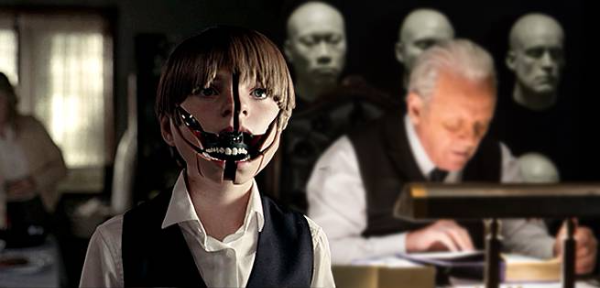Don't Fear the Singularity, Embrace the Multiplicity

Have you heard Stephen Hawking and Elon Musk raising concerns about AI and the singularity? These are fears that others have voiced for many decades and that have filled science-fiction stories for even longer. Singularity is the term given to that point when machines will surpass us.
That point will arrive, though no predictions have so far been correct on when it will occur. A more reasonable approach seem to me to be what some have called the "multiplicity." That is a way of viewing what is coming as a time of humans working more closely with machines rather than humans versus the machines.
An article in Wired quotes C Berkeley roboticist Ken Goldberg as saying that the multiplicity is "something that's happening right now, and it's the idea of humans and machines working together.”
I know all the automotive buzz is about driverless cars, but today in my car algorithms are guiding me to my destination, reminding me to stay in my lane, gently applying the brakes and steering when I am less attentive than I should be. My new car seems to be constantly flashing and beeping about something. I fear that the more it does, the more it distracts me from driving. Okay, maybe not that bad.
It is one thing to put your learning into the virtual hands of algorithms, but I am already entrusting a bit of my life protection in the car to them.
The multiplicity concept is not that new. A talk at Davos in 2015 points out that though there are now over a million robots working in factories around the world, we still don’t have them in our homes.
Hans Moravec pointed out 3 decades ago that “Tasks that are hard for humans, like precision spot welding, are easy for robots, while tasks that are easy for humans, like clearing the dinner table, are very hard for robots.”
The hospital robot that delivers drugs and linens to nurses and the ones in warehouses rolling 24/7 through the aisles scanning inventory or puling out items for orders hasn't necessarily surpassed humans in intelligence. But it is willing to work all day and night without breaks or pay. Do all robots replace humans? Much research says no, that they are more likely to enhance human workers or change what humans will do.
But the fear of the singularity remains.
Amazon's fulfillment centers use around 100,000 robots to bring products to people who are still better at packing them for shipping. Those clever robots still have trouble with simple human tasks like picking up things with their end effectors (hands).

An update of that 1996 film would probably change cloning to robots.
And that has really been the ultimate goal with AI and robots - to empower humans, not replace them. But the job-killing robot scenario is a tough one to dispel and you can find examples of jobs that disappear because of automation. San Francisco is supposedly considering a tax on robots that replace human workers.
Long before robots, automation threatened and replaced some human labor. The transition to common robot and AI use in our lives will likely be more gradual.
Yes, Westworld is scary, both in how the robots interact with humans, and in how the humans treat the robots.
When the singularity does arrive, make sure you know how to power down that robot.
Trackbacks
Trackback specific URI for this entryThe author does not allow comments to this entry

Comments
No comments